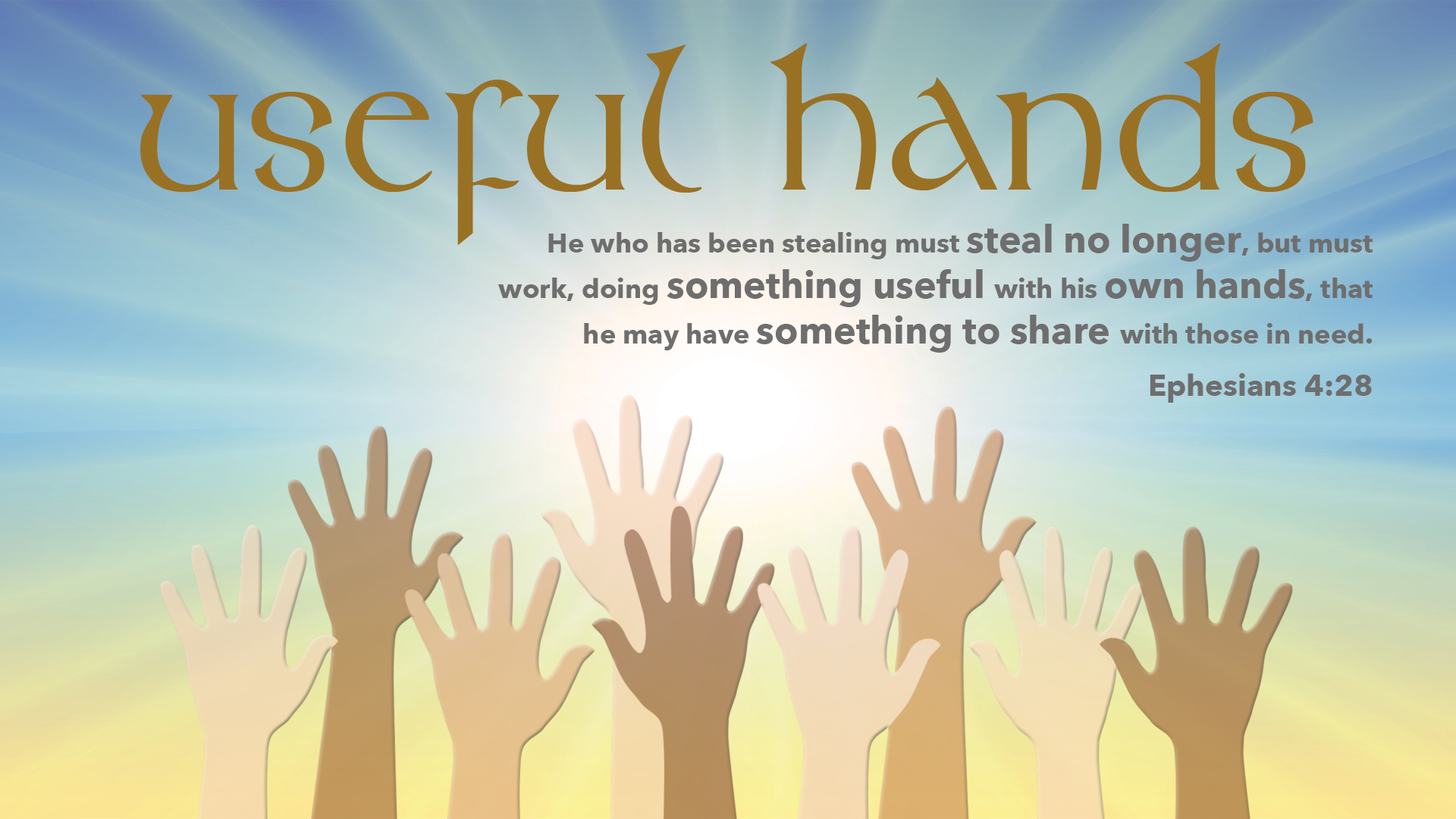Deacons Acts 6

The selection and appointment of deacons in Acts 6 marks a pivotal moment in the early Christian church, as it demonstrates the church’s ability to adapt and respond to the needs of its growing community. This event is a testament to the apostles’ wisdom in recognizing the importance of delegating responsibilities and empowering others to serve.
In the early days of the church, the apostles were responsible for overseeing the distribution of food and other necessities to the widows and poor. However, as the church grew, the apostles found themselves overwhelmed by the demands of their ministry. The Greek-speaking Jewish Christians, who made up a significant portion of the church, began to complain that their widows were being overlooked in the daily distribution of food.
The apostles, recognizing the validity of this complaint, called a meeting with the entire church to address the issue. They proposed that seven men be chosen from among the congregation to oversee the care of the widows and the poor. These men were to be “known to be full of the Spirit and wisdom,” and were tasked with ensuring that the needs of all members of the church were met.
The congregation was in full agreement with the apostles’ proposal, and they chose seven men to serve in this new role. The chosen men were Stephen, Philip, Prochorus, Nicanor, Timon, Parmenas, and Nicolas. The apostles then prayed over these men, laying their hands on them to commission them for their new role.
The appointment of the deacons had a profound impact on the early Christian church. It allowed the apostles to focus on their primary ministry of preaching and teaching, while also ensuring that the physical needs of the community were being met. The deacons were able to provide care and support to the widows and the poor, helping to alleviate poverty and promote unity within the church.
The selection of the deacons also highlights the importance of diversity and representation within the church. The seven men chosen for this role were all Greek-speaking Jewish Christians, which helped to address the concerns of this segment of the community. This decision demonstrates the church’s commitment to inclusivity and its recognition of the value of diverse perspectives and experiences.
One of the most notable aspects of the deacons’ appointment is the role that Stephen played in the early Christian church. Stephen, who was one of the seven men chosen to be a deacon, is described in Acts 6:8-10 as being “full of faith and the Holy Spirit.” He was a powerful preacher and evangelist, and his ministry had a significant impact on the early church.
However, Stephen’s ministry was not without controversy. In Acts 6:8-15, we read that Stephen was seized by a group of Jews who were opposed to his teachings. They brought him before the Sanhedrin, where he delivered a powerful sermon that highlighted the history of Israel’s rebellion against God. Stephen’s sermon was not well received by his audience, and he was ultimately stoned to death for his perceived blasphemy.
Despite the tragic end to Stephen’s life, his ministry had a lasting impact on the early Christian church. His appointment as a deacon, along with the other six men, helped to establish a new model for servant-leadership within the church. The deacons’ role in providing care and support to the community helped to promote unity and alleviate poverty, and their ministry served as a powerful example of the importance of serving others.
In addition to Stephen, Philip also played a significant role in the early Christian church. Philip, who was another of the seven deacons, is described in Acts 8:5-40 as being an evangelist who preached the gospel to the Samaritans. He also encountered an Ethiopian eunuch, who was a high-ranking official in the court of Queen Candace. Philip shared the gospel with the eunuch, who was baptized and became a believer.
The ministry of Philip and the other deacons serves as a powerful reminder of the importance of servant-leadership within the church. Their role in providing care and support to the community helped to promote unity and alleviate poverty, and their ministry served as a powerful example of the importance of serving others.
The appointment of the deacons in Acts 6 also raises important questions about the nature of church leadership and the role of ordained ministers. The deacons were not ordained ministers in the classical sense, but rather servants who were chosen to oversee the care of the widows and the poor. Their role was not to preach or teach, but rather to provide practical support and care to the community.
This model of servant-leadership is one that is still relevant today. Churches around the world are recognizing the importance of empowering lay leaders to serve in various capacities, from caring for the poor and marginalized to providing spiritual guidance and support. The appointment of the deacons in Acts 6 serves as a powerful reminder of the importance of servant-leadership and the need for churches to empower and equip their members to serve others.
In conclusion, the selection and appointment of deacons in Acts 6 marks a pivotal moment in the early Christian church. The deacons’ role in providing care and support to the community helped to promote unity and alleviate poverty, and their ministry served as a powerful example of the importance of serving others. The appointment of the deacons also raises important questions about the nature of church leadership and the role of ordained ministers, and serves as a powerful reminder of the importance of servant-leadership within the church.
The deacons’ appointment also highlights the importance of diversity and representation within the church. The seven men chosen for this role were all Greek-speaking Jewish Christians, which helped to address the concerns of this segment of the community. This decision demonstrates the church’s commitment to inclusivity and its recognition of the value of diverse perspectives and experiences.
| Name | Role | Ministry |
|---|---|---|
| Stephen | Deacon | Preaching and evangelism |
| Philip | Deacon | Evangelism and preaching |
| Prochorus | Deacon | Caring for the widows and poor |
| Nicanor | Deacon | Caring for the widows and poor |
| Timon | Deacon | Caring for the widows and poor |
| Parmenas | Deacon | Caring for the widows and poor |
| Nicolas | Deacon | Caring for the widows and poor |

The deacons’ ministry serves as a powerful reminder of the importance of serving others and the need for churches to empower and equip their members to serve in various capacities. By providing care and support to the community, the deacons helped to promote unity and alleviate poverty, and their ministry served as a powerful example of the importance of serving others.
What was the role of the deacons in the early Christian church?
+The deacons were responsible for overseeing the care of the widows and the poor, and for providing practical support and care to the community.
How did the appointment of the deacons impact the early Christian church?
+The appointment of the deacons helped to promote unity and alleviate poverty within the church, and served as a powerful example of the importance of serving others.
What can churches today learn from the example of the deacons in Acts 6?
+Churches today can learn the importance of empowering and equipping their members to serve in various capacities, and the need for servant-leadership within the church.
The selection and appointment of deacons in Acts 6 is a powerful reminder of the importance of servant-leadership and the need for churches to empower and equip their members to serve others. By providing care and support to the community, the deacons helped to promote unity and alleviate poverty, and their ministry served as a powerful example of the importance of serving others.


